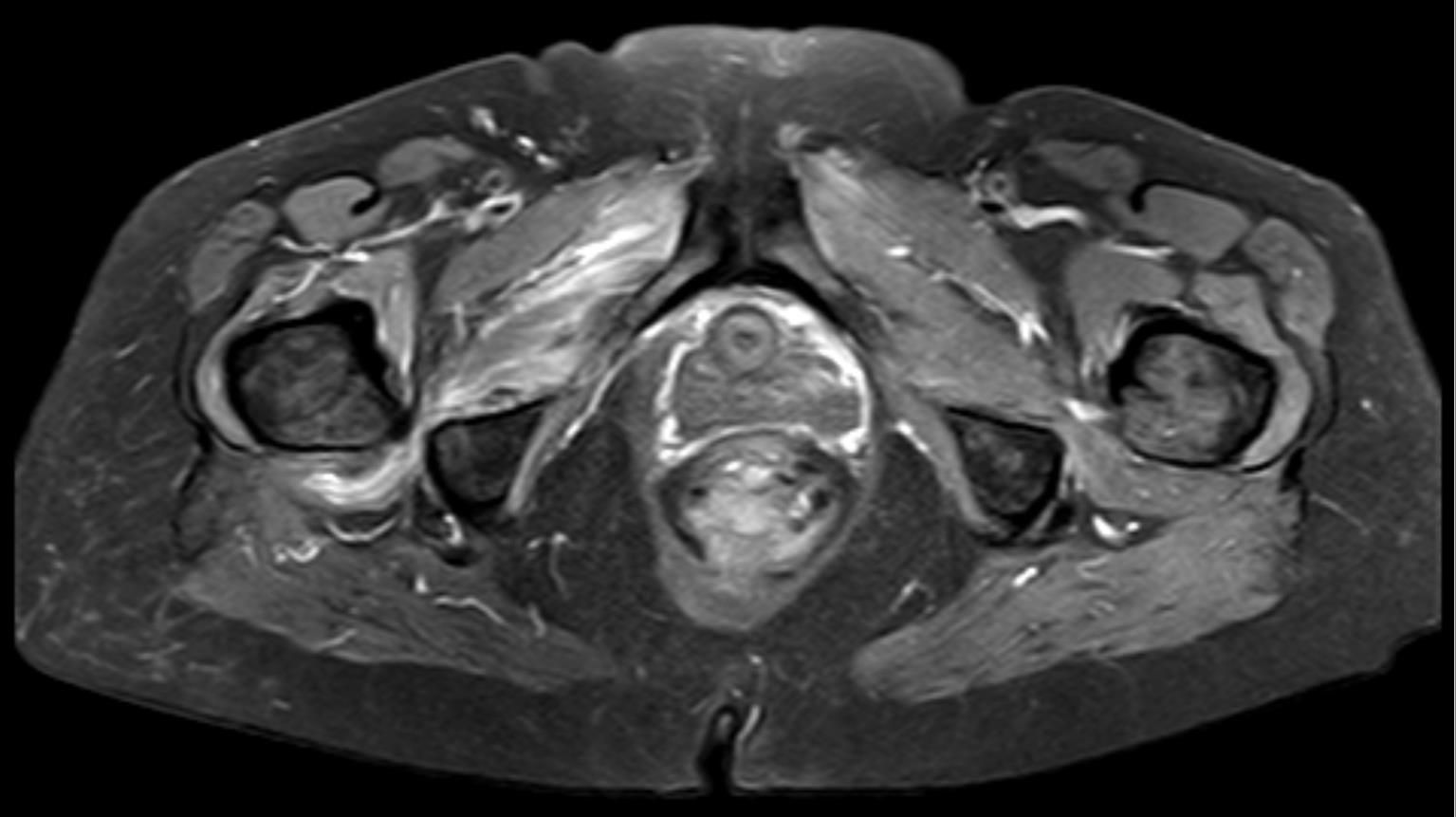 Discover the Advantages of Affordable and Efficient Prostate Cancer Scans Benefiting a Wider Male Population
Discover the Advantages of Affordable and Efficient Prostate Cancer Scans Benefiting a Wider Male Population
Prostate cancer is a prevalent disease, with over 52,000 new cases reported each year in the United Kingdom alone. The current method of diagnosing prostate cancer involves a three-stage MRI scan, which can be time-consuming and costly. However, a recent UK trial has shown that by reducing the duration of the MRI scans by a third, they can become more affordable and accessible without compromising their accuracy.
The trial, called Prime, involved 555 patients from 22 hospitals in 12 countries and was conducted by researchers from University College London (UCL) and University College London Hospitals. The results of the trial indicate that by dropping the third stage of the MRI scan, the same percentage of prostate cancers can be diagnosed as with the traditional three-step scan. Lead radiologist Dr. Clare Allen presented these findings at the European Association of Urology conference in Paris, highlighting that significant prostate cancers would not be missed with the absence of a contrast scan.
Not only does this shorter scan provide accurate diagnoses, but it also offers several advantages. Firstly, it is faster, allowing more patients to be scanned in a shorter amount of time. This not only benefits the patients but also reduces the strain on healthcare systems. Secondly, it is cheaper, making it more affordable for patients. A two-phase scan costs almost 50% less than a three-phase scan, with average costs of £145 and £273, respectively. This reduction in cost means that more men will have access to these scans, leading to better and more accurate diagnoses.
Matthew Hobbs, director of research at Prostate Cancer UK, which co-funded the trial with the John Black Charitable Foundation, emphasizes the significance of these findings. He states that men can now obtain cheaper and more rapid scans that do not require an injection. This not only benefits individuals but also healthcare systems around the globe. More men will be able to receive a better diagnosis at a lower cost, improving their chances of successful treatment.
It is important to note that dropping the third part of the MRI scan is contingent upon the first two parts being of high quality. The researchers stress the importance of maintaining the accuracy and quality of the scans in order to ensure the effectiveness of this new approach. However, with proper implementation, this advancement in prostate cancer scanning could revolutionize the way the disease is diagnosed and treated.
In conclusion, the recent UK trial has shown that by reducing the duration of MRI scans for prostate cancer by a third, they can become more affordable and accessible without compromising their accuracy. This advancement in scanning technology benefits not only patients but also healthcare systems worldwide. With cheaper and more rapid scans, more men can receive a better and more accurate diagnosis, leading to improved treatment outcomes. As we continue to make progress in medical research, it is clear that even small changes can have a significant impact on the lives of millions.

